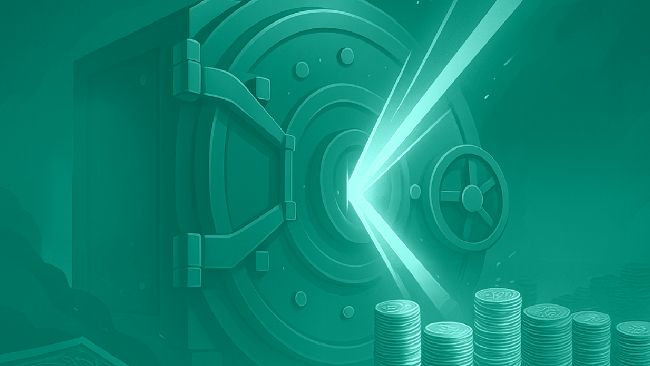Author: Shi Zhengcheng, Cailian Press
Wall Street investment bank Goldman Sachs said in a research report released this week that under current circumstances, this year's U.S. election may end with a "lame duck President Harris."
From an optimistic point of view, this situation successfully avoids the crazy prospect of Trump's random imposition of tariffs, while Harris' radical economic policies will also lose room for implementation.
Harris is on the upper hand
Goldman Sachs said that at the national poll level, Harris is about 1.5 percentage points ahead of Trump and is leading in the key swing state of Pennsylvania. Overall, Harris's chances of winning in November are about 52%-54%. Since she took over the banner of fighting Trump from Biden, her election prospects have continued to rise over the past month.
Since August 1 this year, the probability of the Republican Party winning the election has dropped by 10 percentage points, and the probability of the Democrats winning a "divided government" - meaning that Harris becomes the president of the United States, but the Republicans control both houses of the House and Senate or at least one house - has increased by 11 percentage points.
Goldman Sachs also pointed out that although this is the most likely implied scenario at present, the outcome is still highly uncertain.
According to statistics, various US election polls generally believe that Harris is in the lead, but the lead is not large - at most 5-6 percentage points.

Source: 538
Compared with the stalemate between Harris and Trump, Democratic vice presidential candidate Tim Waltz's support rate has already opened up a 6 percentage point lead over Vance.
The next big test for the support rates of both parties is the campaign debate. The first debate between Harris and Trump is scheduled for September 10, and the second debate will be held in October. The only debate between Waltz and Vance will be held on October 1.
Markets are in a state of disarray
As Harris began to announce her economic agenda, U.S. stock analysts were dismayed to find that the "Trump deal" they had just written about last month would face a "Harris deal" with completely opposite trading logic.
For example, on Monday, Harris proposed raising the corporate tax rate from 21% to 28% , which her team called "ensuring billionaires and large corporations pay a fair share." In contrast, Trump reduced the corporate tax rate from 35% to 21% during his term and sought to make temporary tax cuts permanent.
The good news is that higher tax rates are expected to ease the big problem of the US budget deficit, but Goldman Sachs also expects that every one percentage point increase in corporate tax rates will cause the S&P 500 index (component stocks) to lose "just under 1%" in profitability.
In addition to raising taxes, Harris also proposed a plan last Friday to combat price fraud by retailers, while also expanding the Biden administration's "federal health insurance pooling" and clean energy projects. These proposals could put pressure on consumer staples and healthcare stocks, and also ease the pressure on new energy stocks. The previous "Trump deal" was seen as a boon to small-cap stocks and cryptocurrencies, and the core logic behind it was deregulation and tax cuts.
Judging from the current trend of political extremism and division in the United States , it would be difficult for Trump and Harris to advance the most concerned economic policies in a "lame duck" state.








